Need help? Call us:
- Questions? Call us toll-free +1-800-520-5726

CPAP Masks Finder
Discover your perfect mask fit
- Portable Oxygen
- Home Oxygen
- Oxygen Accessories
- CPAP Machines
- CPAP Supplies
- CPAP Masks
- Mobility
- Bathroom Safety
- Pediatrics
- New Arrivals
Can Essential Oils Make It Easier to Breathe
Can Essential Oils Make It Easier to Breathe
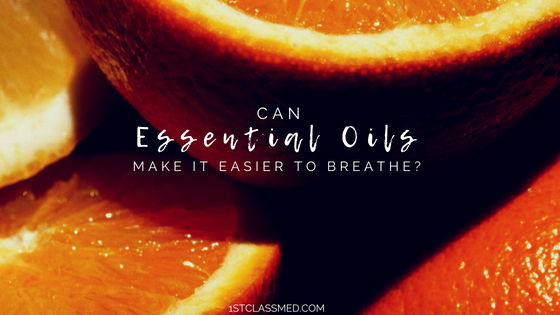
For the past few years, there has been an up and coming focus on essential oils.
It could be because of the natural health benefits, or that the oil scents can be calm and soothing.
Essential oils have been known to help fight cold symptoms, calm sore muscles, help with pain, improve digestion and reduce cellulite and wrinkles.
Essential oils are highly concentrated and provide a stronger scent than regular oils.
The concentration of the essential oils provides a strong concentration of the healing compounds found in the plant.
With the spotlight on the use of natural medicines, essential oils are being used in hospitals now too.
Vanderbilt University Hospital is starting to use essential oils for their medical team, helping them calm down in stressful situations and feel prepared throughout the day.
Frankincense has started to show that it can reduce brain tumors from spreading, though there is still more research that needs to be done.
Essential oils can be beneficial for those with respiratory diseases, as long as they are used in reasonable amounts.
{{cta(‘155910633031’)}}
The oils can help with congestion and coughing, which can help with production of mucus (sputum).
By adding a few drops to a bowl of warm water (microwaved or on the stove), you can help clear out your sinuses and any congestion in your chest.
Lean over the bowl for about 10 minutes and breathe in the steam, you can put a towel over your head, but for those with asthma or allergies need to be wary about breathing in the steam.
The steam can be too much for those with respiratory diseases, so you can also try doing this without a towel over your head.
Or you can try adding a few drops of oil to your bath or shower, this will allow more water and less strong oils.
Some respiratory diseases can get triggered by the strong scents of essential oils, so it is important to speak with a doctor about if any oils are right for you.
You can also test the oils and see if they are too strong for you, by dropping one drop of oil on a paper towel, you can smell it and make sure it does not cause a flare up.
There are a few essential oils that are best for those with respiratory diseases, like COPD and pulmonary fibrosis.
Eucalyptus:
As one of the top essential oils, eucalyptus is a multi-beneficial oil that is used for just about everything.
For those with respiratory diseases, eucalyptus can be used to help with congestion and as an expectorant.
It was found back in 1788, when two surgeons on the first group to leave England and head to Australia, found the eucalyptus plant on the shore of Port Jackson in Sydney.
It was later used as a disinfectant, cold remedy, decongestant and an anti-inflammatory treatment.
Eucalyptus oil is also used to repel insects, by applying a few drops mixed with a carrier oil (caster, oil or argan oil) on open skin, you can avoid mosquitoes.
The mix should be 3-5 drops of oil per ounce of carrier oil, that way it is not too potent.
Not only will the carrier oil add moisture to your skin, but the essential oil will add a fresh clean scent.
Lavender:
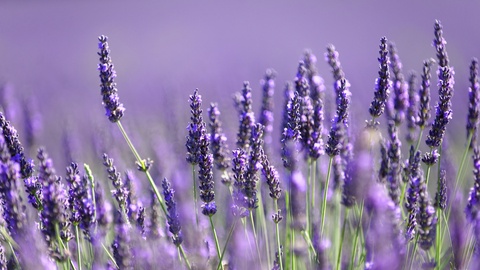 The image above is a field of lavender
The image above is a field of lavender
Lavender oil can be beneficial for those with respiratory diseases, as it can be an antioxidant, and can help fight the progression of a disease.
The essential oil is known to produce a calming scent, which can produce a lower stress level.
This lower amount of stress can help with COPD flare ups, or someone with asthma who can be stressed during an asthma attack.
Lavender oil can be applied to the skin to provide the calming effect, but it may be best to dilute it with a carrier oil.
It can also be applied before bed and it can help with sleep, as the scent is calming.
Some say you can apply it behind the ears to help with sleep, but you can also try dropping a drop or two on your pillow.
Just remember it is an oil, and can stain sheets, so make your pillowcase a pillowcase you do not care much for.
The oil can also be used as insect repellant as well, and if you do get bit it is also has an anti-inflammatory component and can help with irritation from the bug bite.
Frankincense:
Frankincense oil comes from the boswellia sacra tree in Somalia and the boswellia serrata from a tree in India.
The boswellia serrata tree is known to have a strong anti-inflammatory and anti-cancer effect.
Frankincense oil is used in the form on inhalation or absorption through the skin, but it needs to be 100% essential oil, no additional additives.
Like eucalyptus and lavender oil, when applying topically, it needs to be mixed with a carrier oil in order to prevent too much oil.
Frankincense can help with stress as well, as the scent can help lower your heart rate, and high blood pressure.
The oil can also help prevent germs from growing on the skin or in your mouth.
Some people used frankincense for oral health, preventing bad breath, cavities, mouth sores and gingivitis.
Frankincense can also help with our skins tone, elasticity and appearance.
Like lavender oil, frankincense oil can also be used as an additive for your bath or shower.
Bergamot:
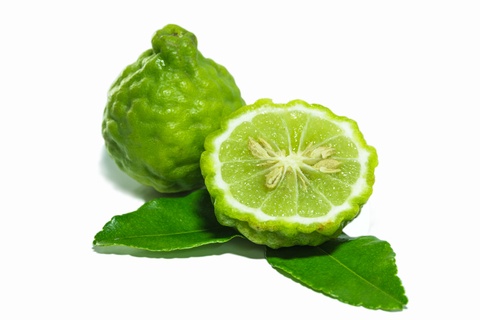 In the above image is a bergamot, which is where the oil is derived from
In the above image is a bergamot, which is where the oil is derived from
Bergamot oil is another key essential oil for those with respiratory diseases, as it has antibacterial and antifungal properties.
The oil can be put on wounds topically to help reduce infection or the growth of bacteria and fungi.
The essential oil has shown to boost moods and reduce fatigue.
This can be beneficial, as many with COPD, or PF can have the feeling of fatigue shortly after exerting themselves while doing day to day tasks.
Studies have shown that bergamot can cause a positive feeling as well as help with depression and anxiety.
Bergamot oil can help stimulate hormonal secretions, digestive fluids, bile and insulin.
This can help regulate your digestive system and can assist in the breakdown of sugar, lowering blood pressure.
Bergamot oil can also help rid the body of scars and marks on the skin, by applying a few drops topically, it can help reduce the appearance and help strengthen the skin.
{{cta(‘155910633392’)}}
Conclusion:
It is important to understand essential oils should be treated like medication, too much can become overwhelming for your body.
Diluting them when applying them to the skin, or following directions about the amount to use for other methods.
Products can differ from brand to brand, so read labels and make sure that you are buying pure essential oils with no additives.
Also remember to focus on breathing any time you are using the oils, such as in the shower or if you apply it to your skin.
Overall, depending on your respiratory disease, essential oils may be beneficial to try out and see if there is any benefit to you.
Most importantly, speaking with a medical professional about essential oils and if they can benefit you is key, as it could actually be worse for your specific medical condition.
Your doctor knows best and will know if an essential oil could be doing more harm than good for your disease.





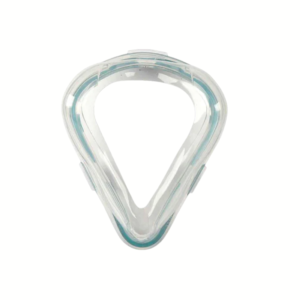

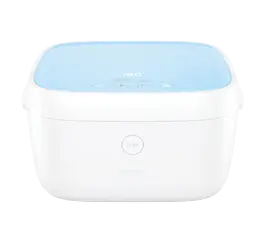
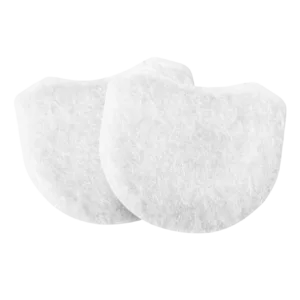

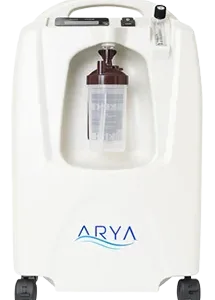


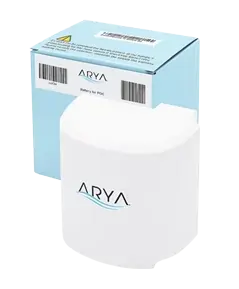







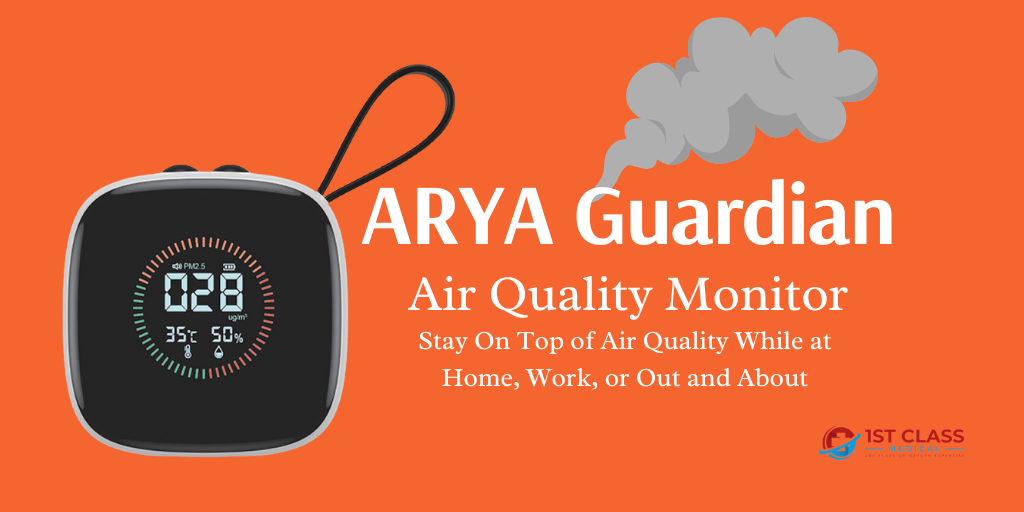


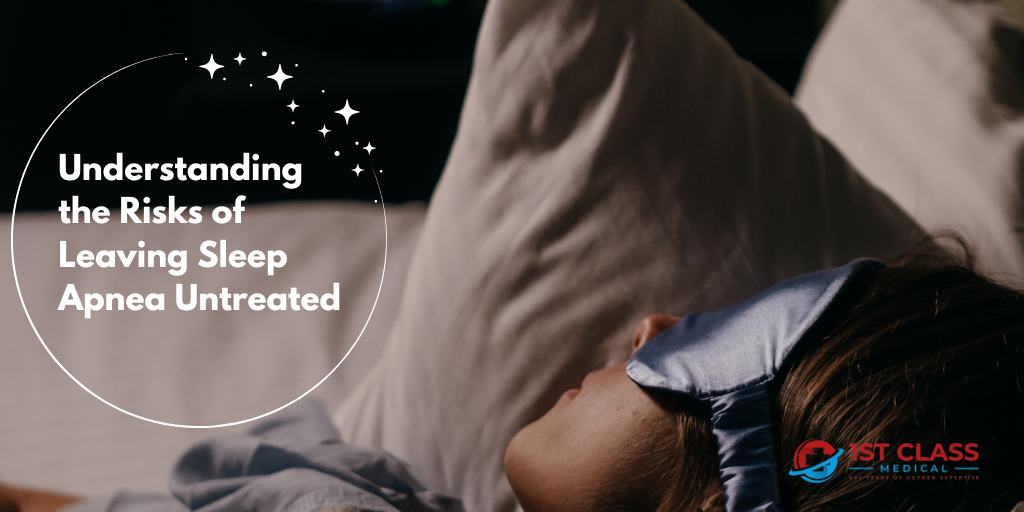


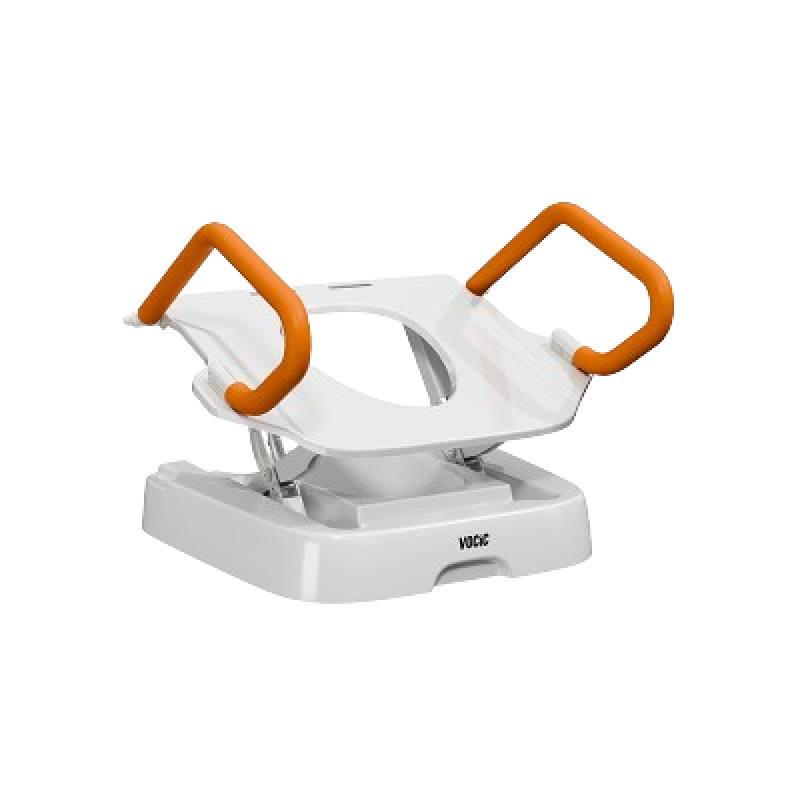






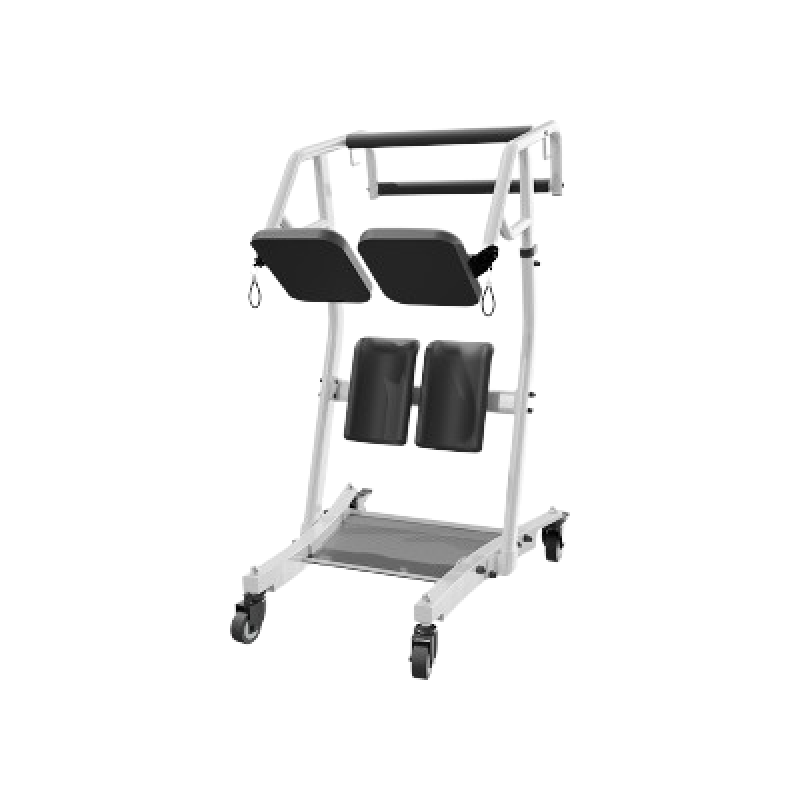
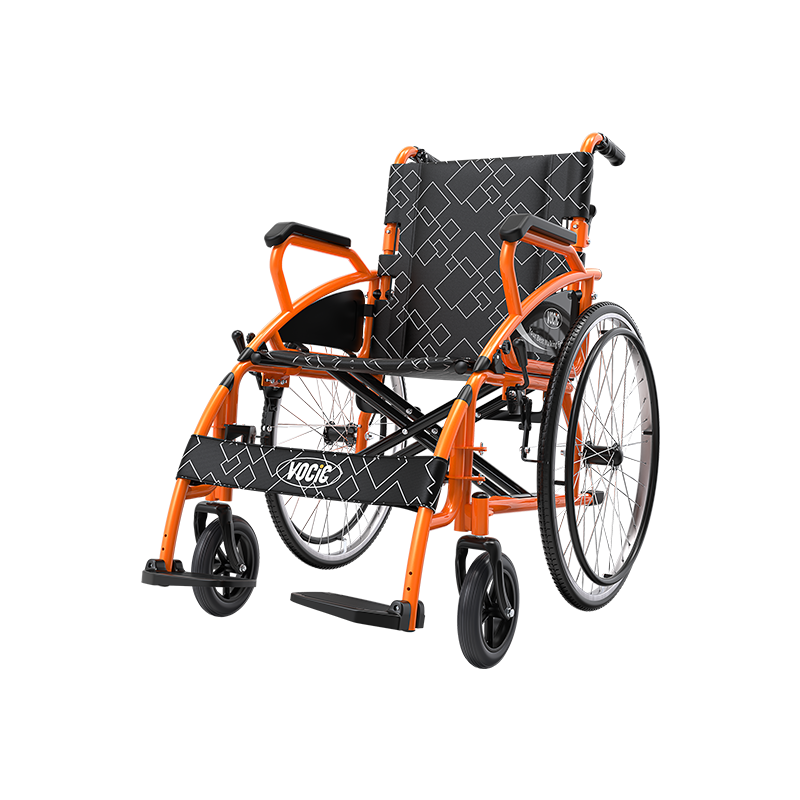

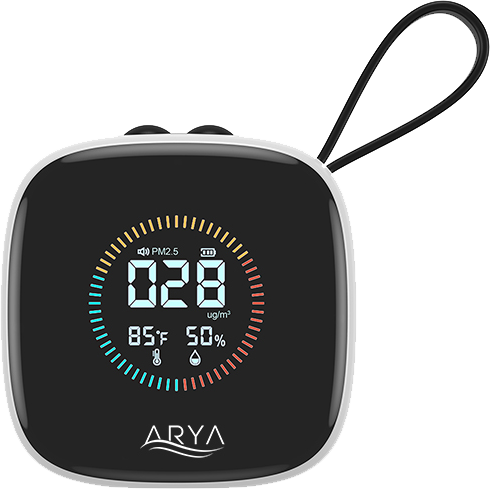
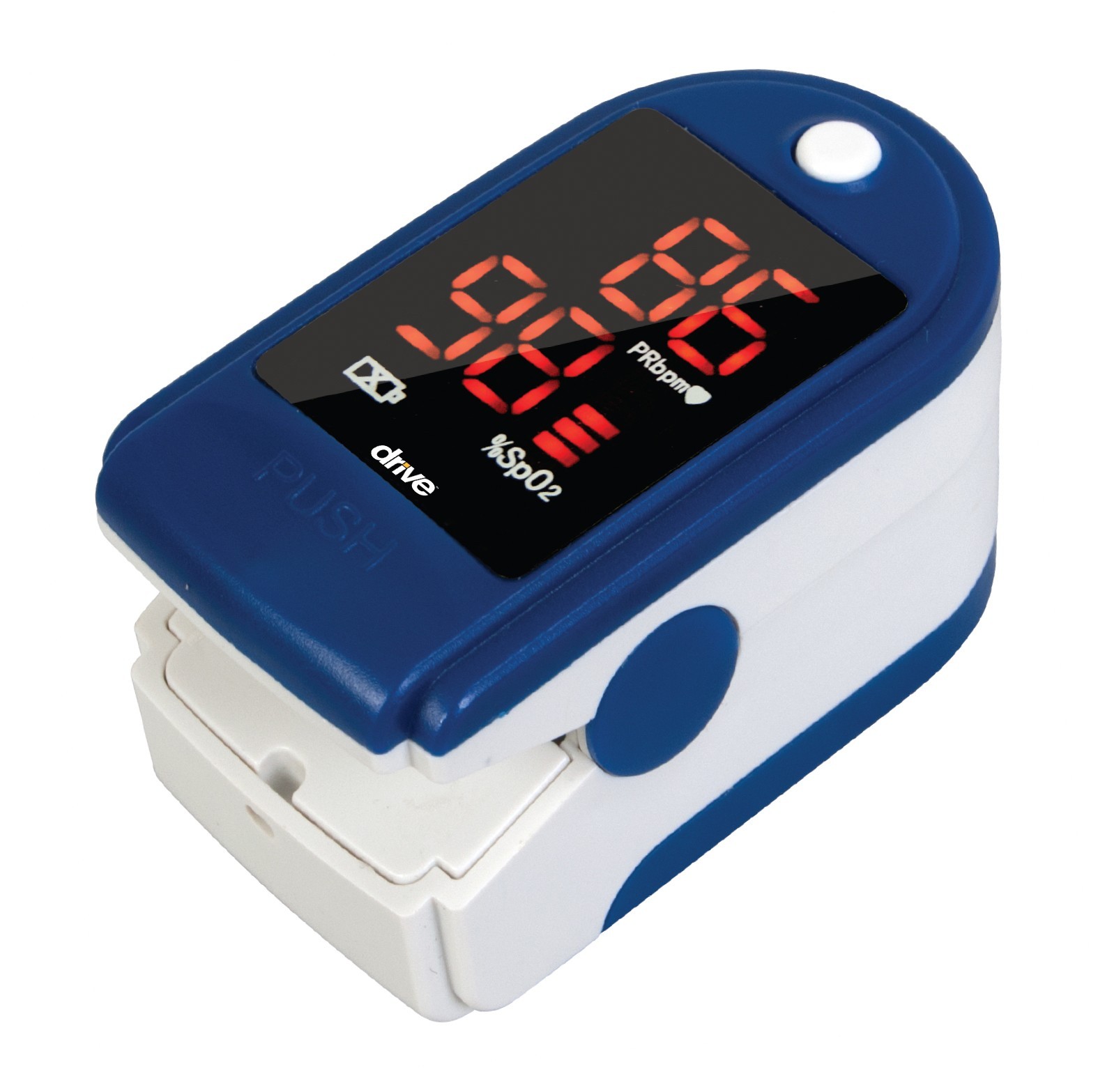

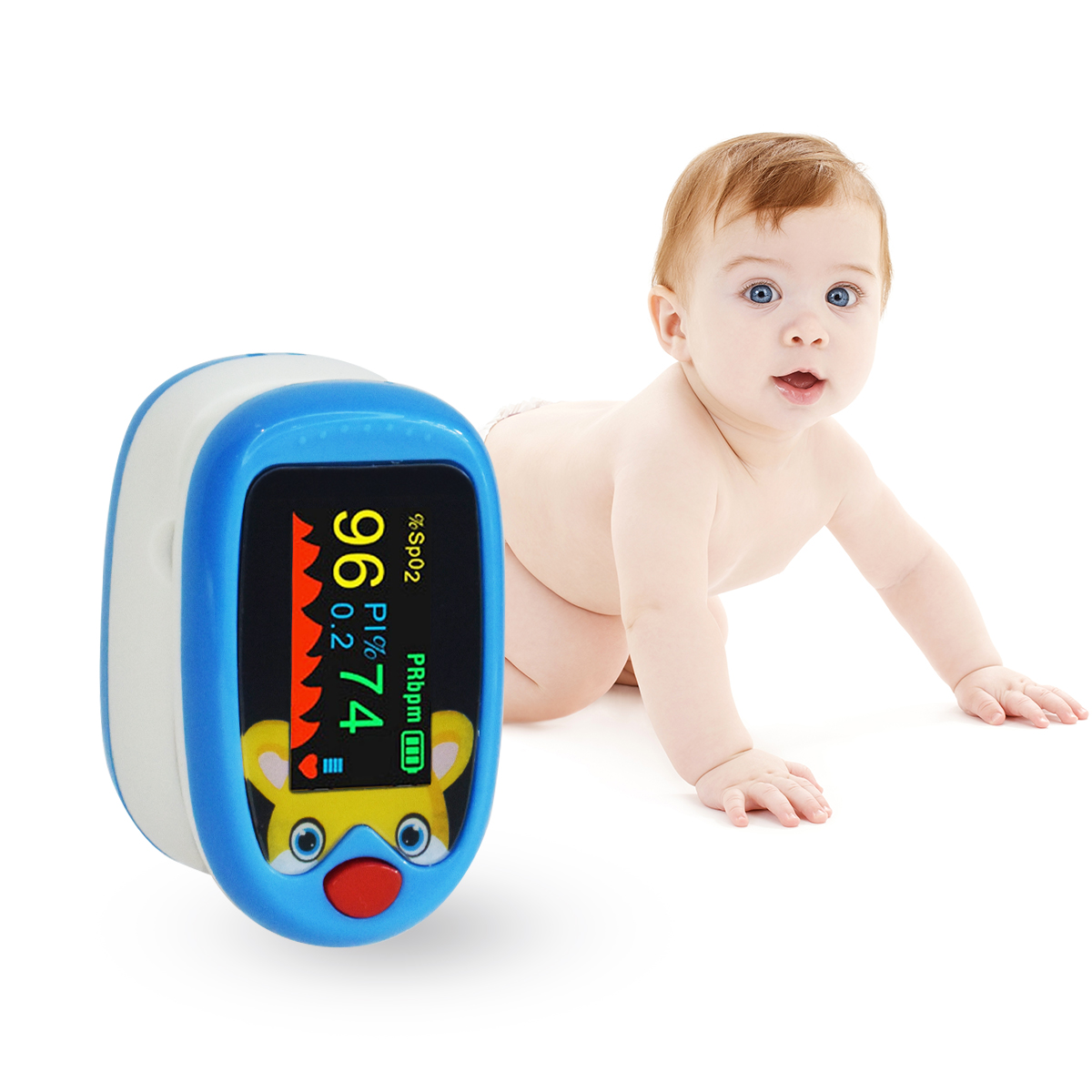
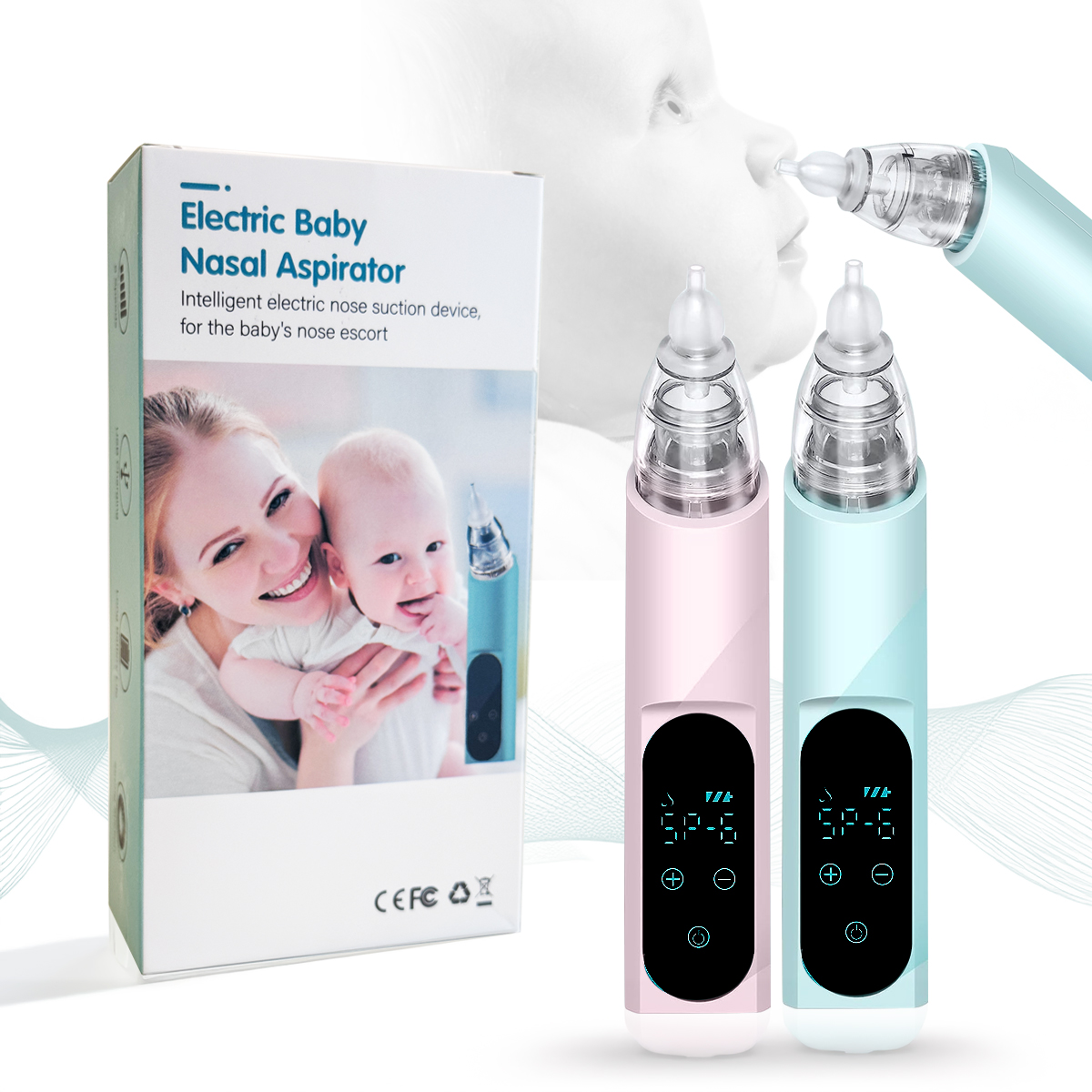
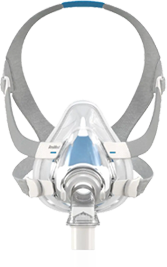
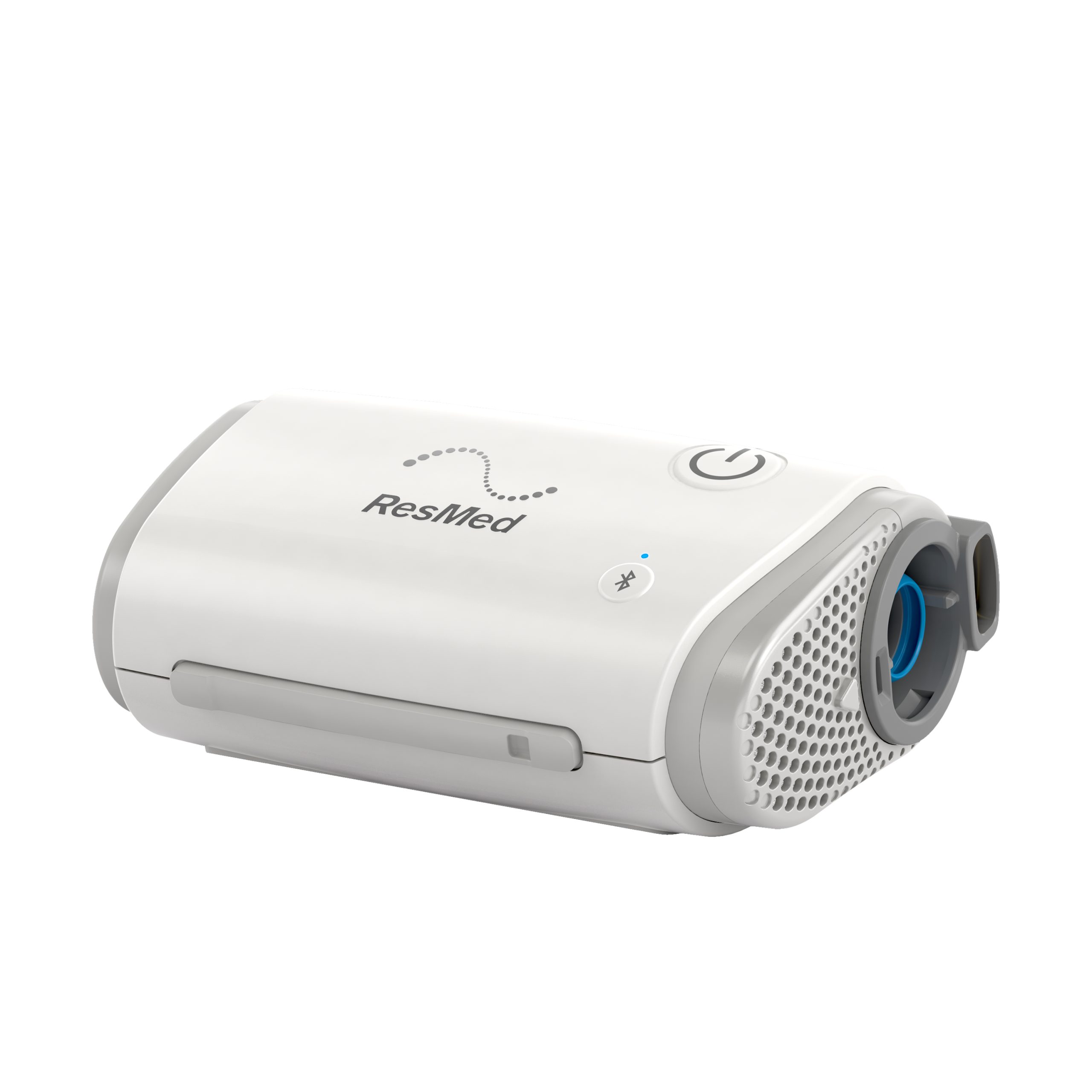
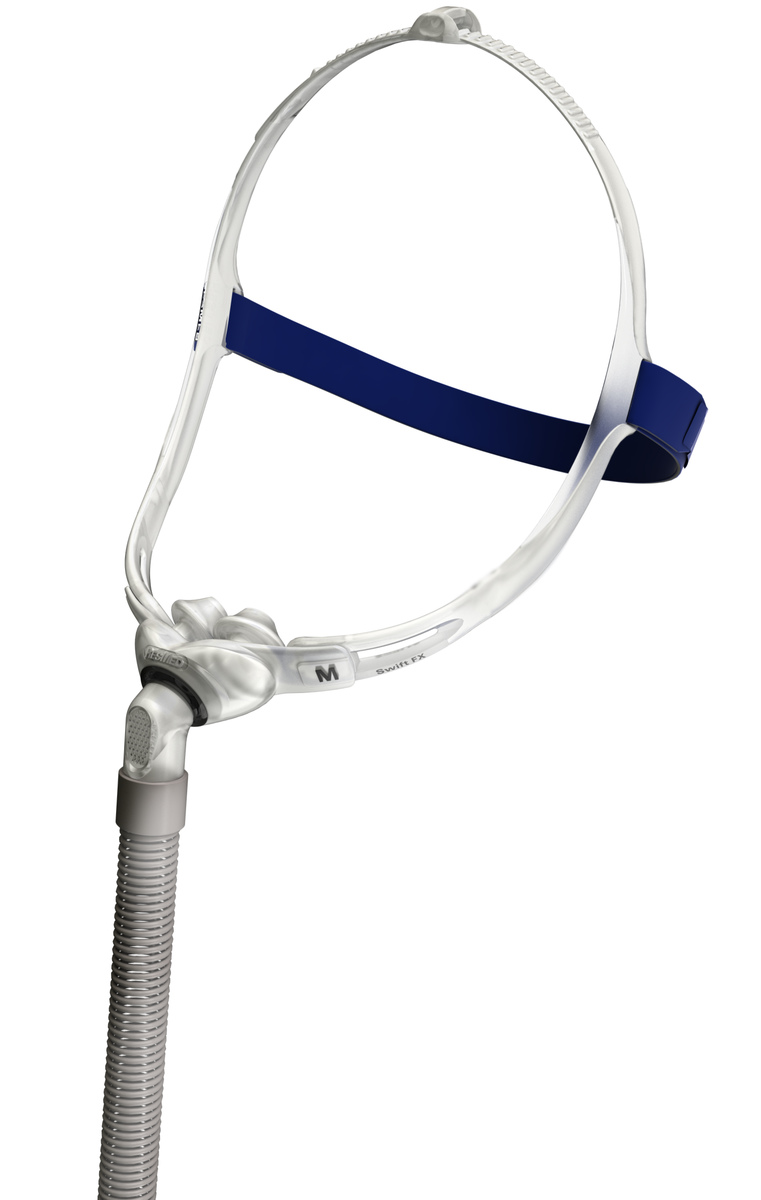
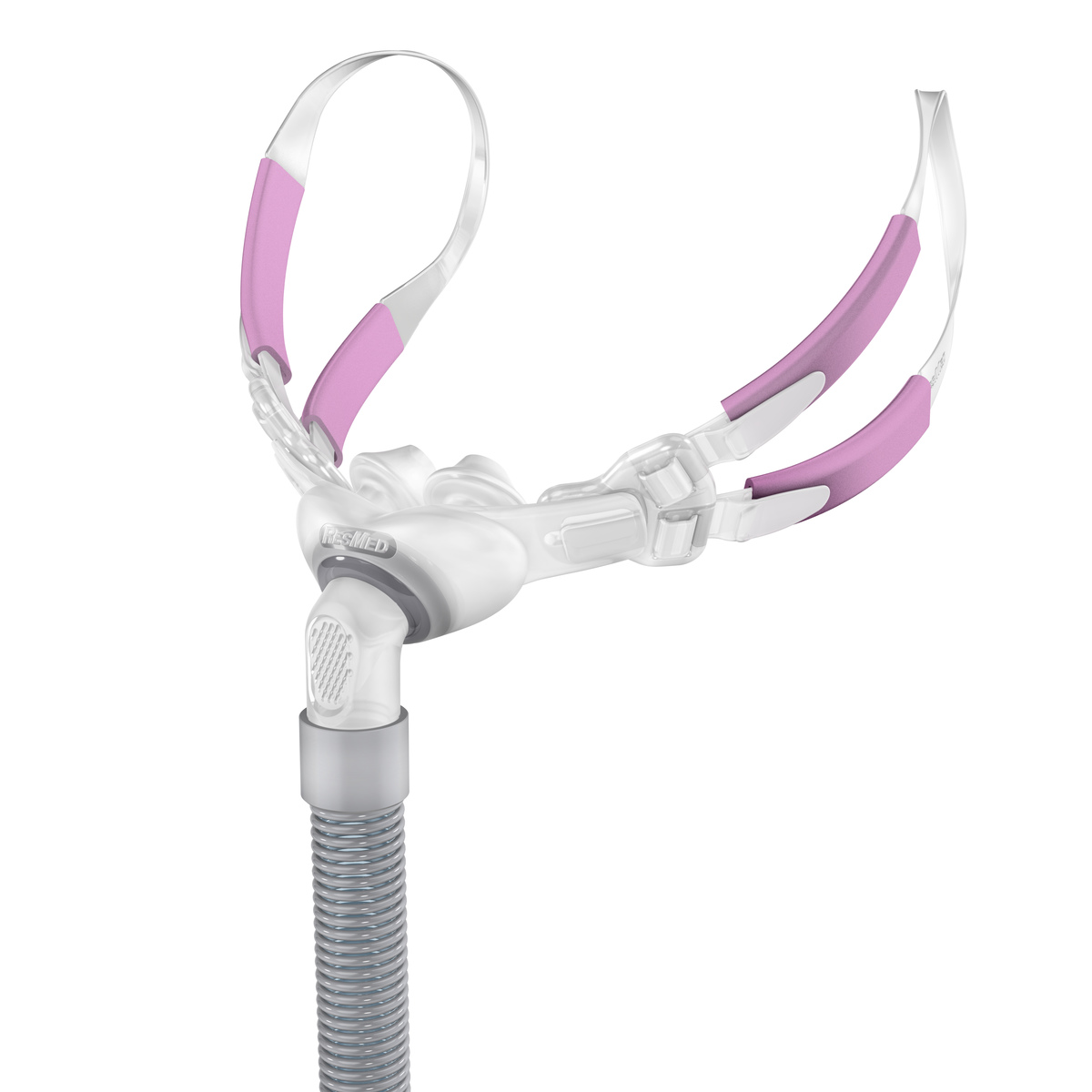
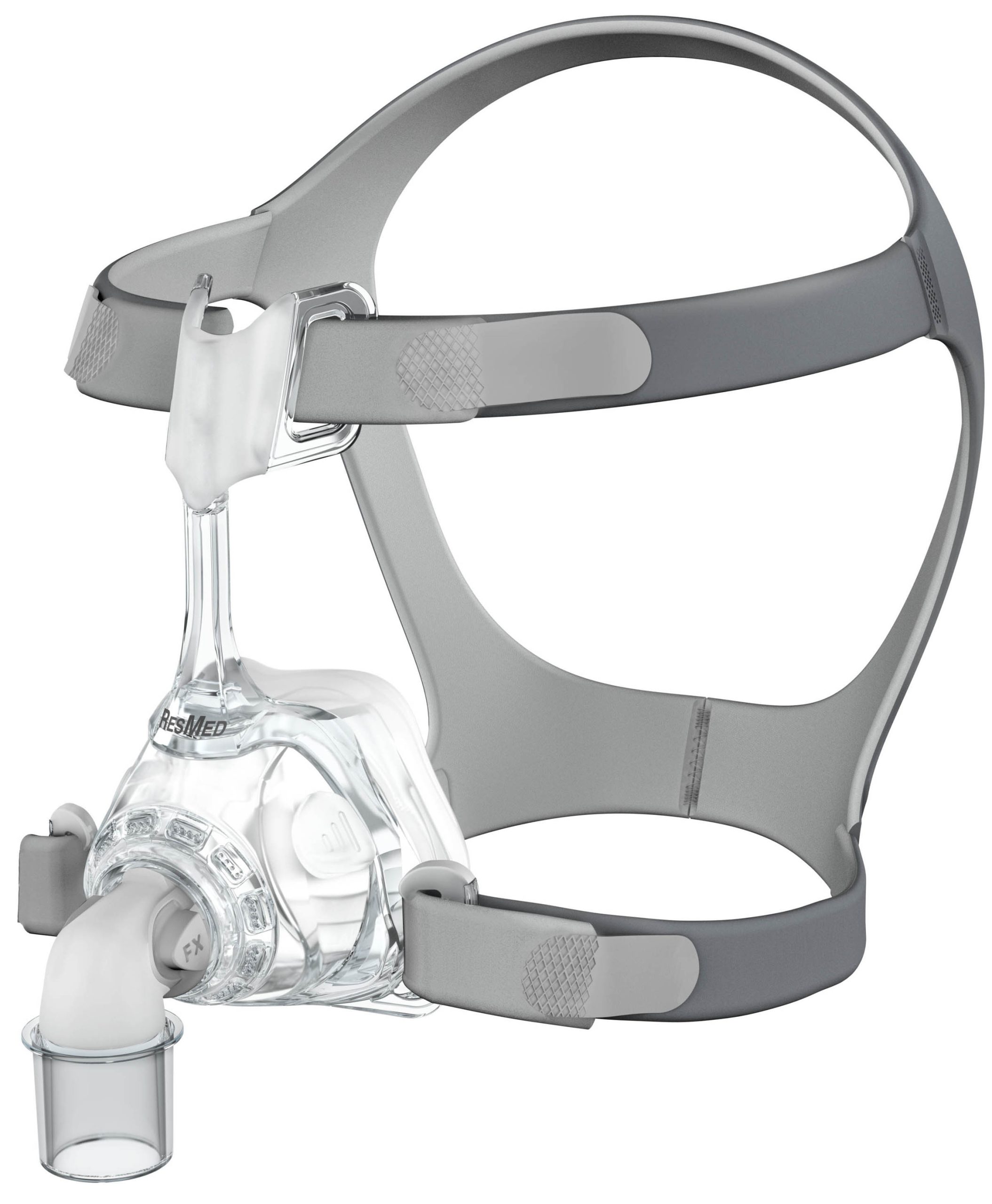
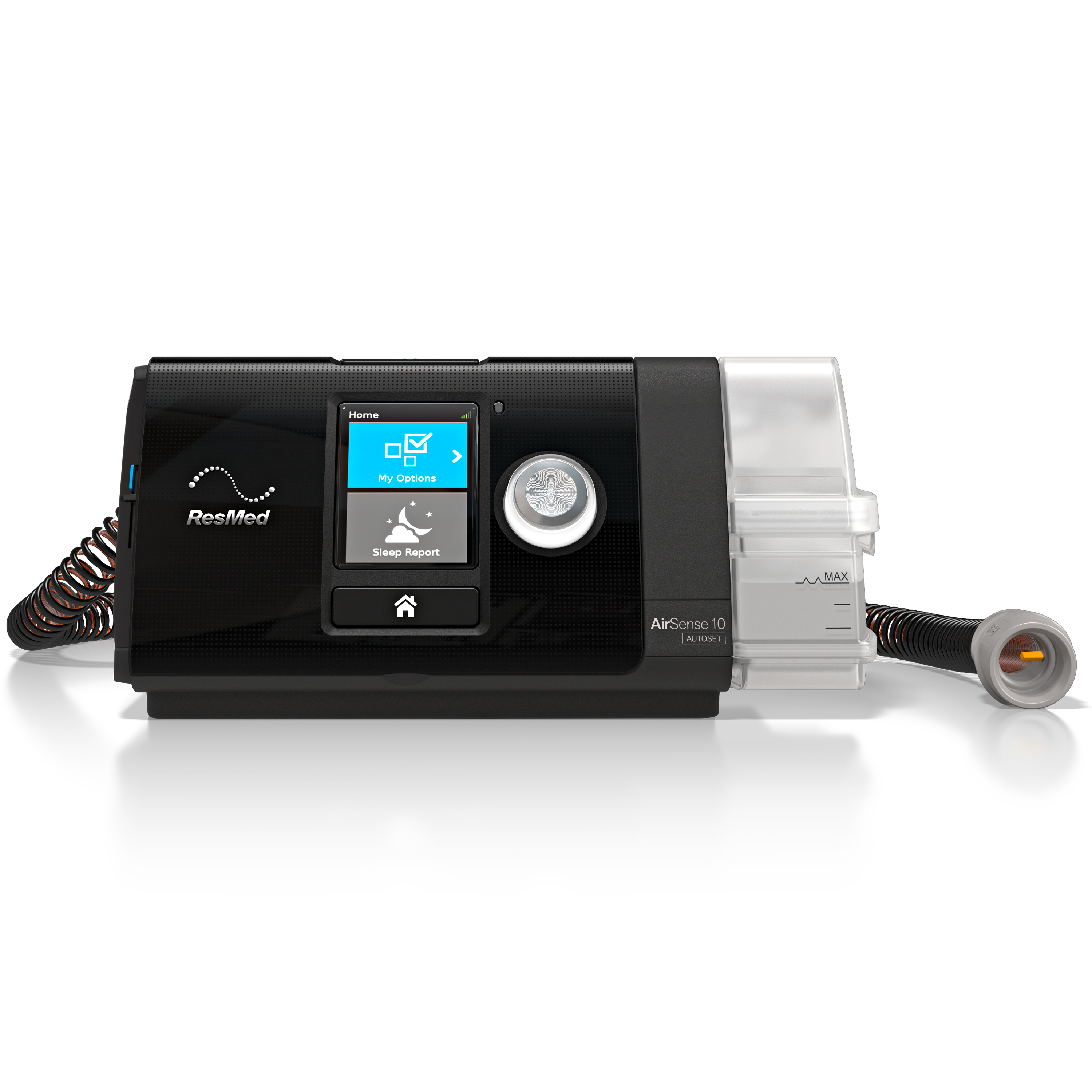
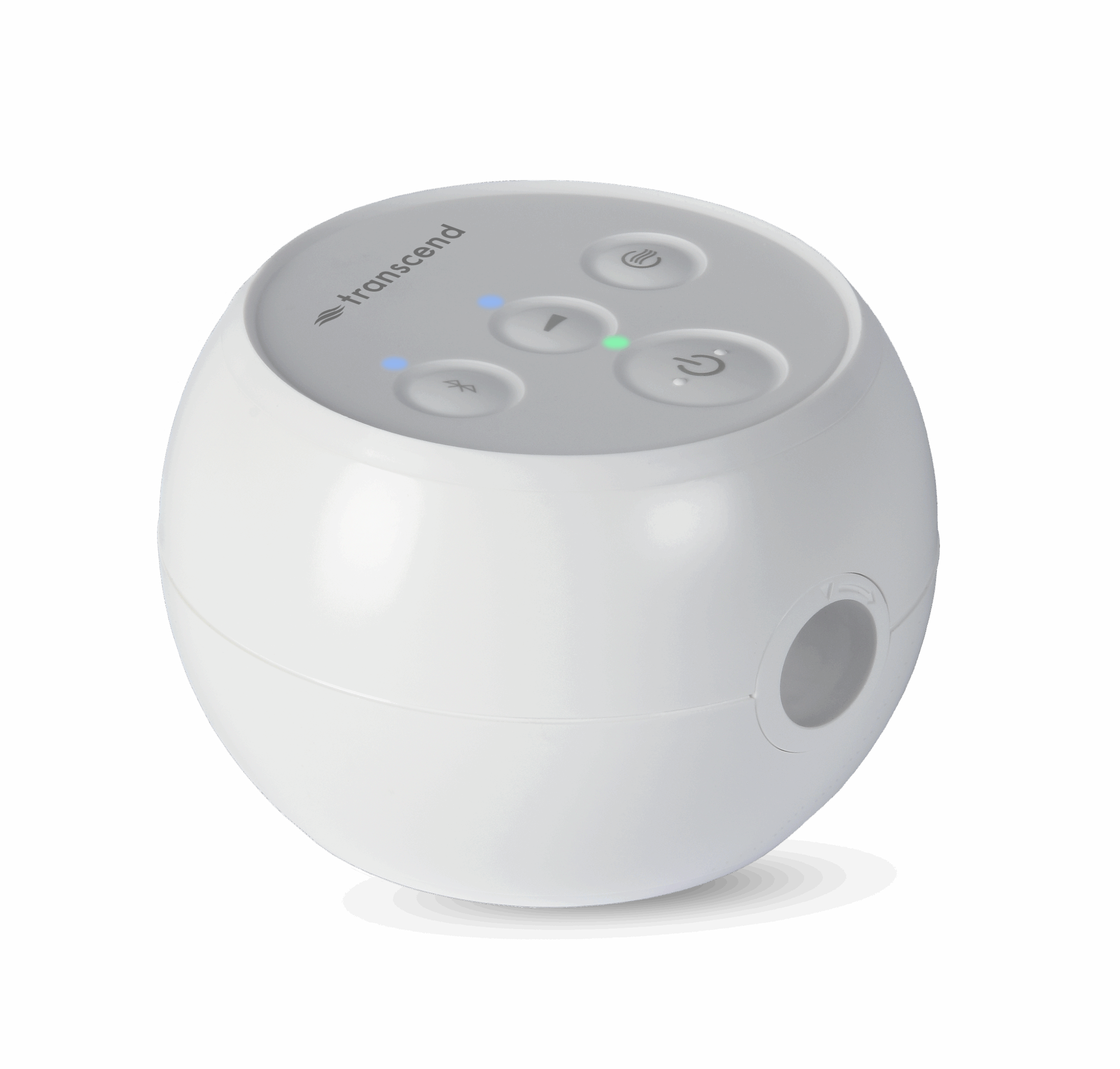

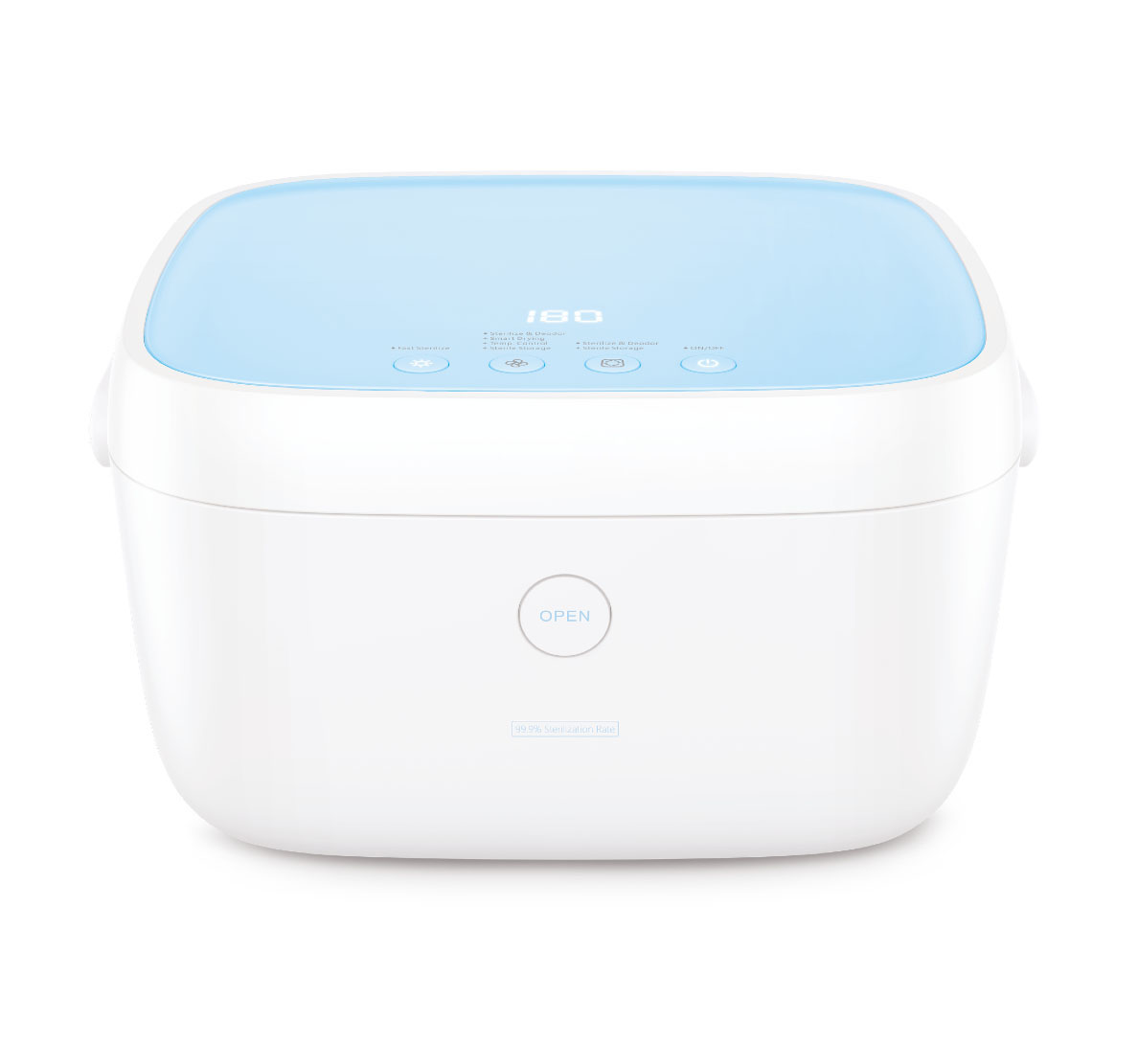
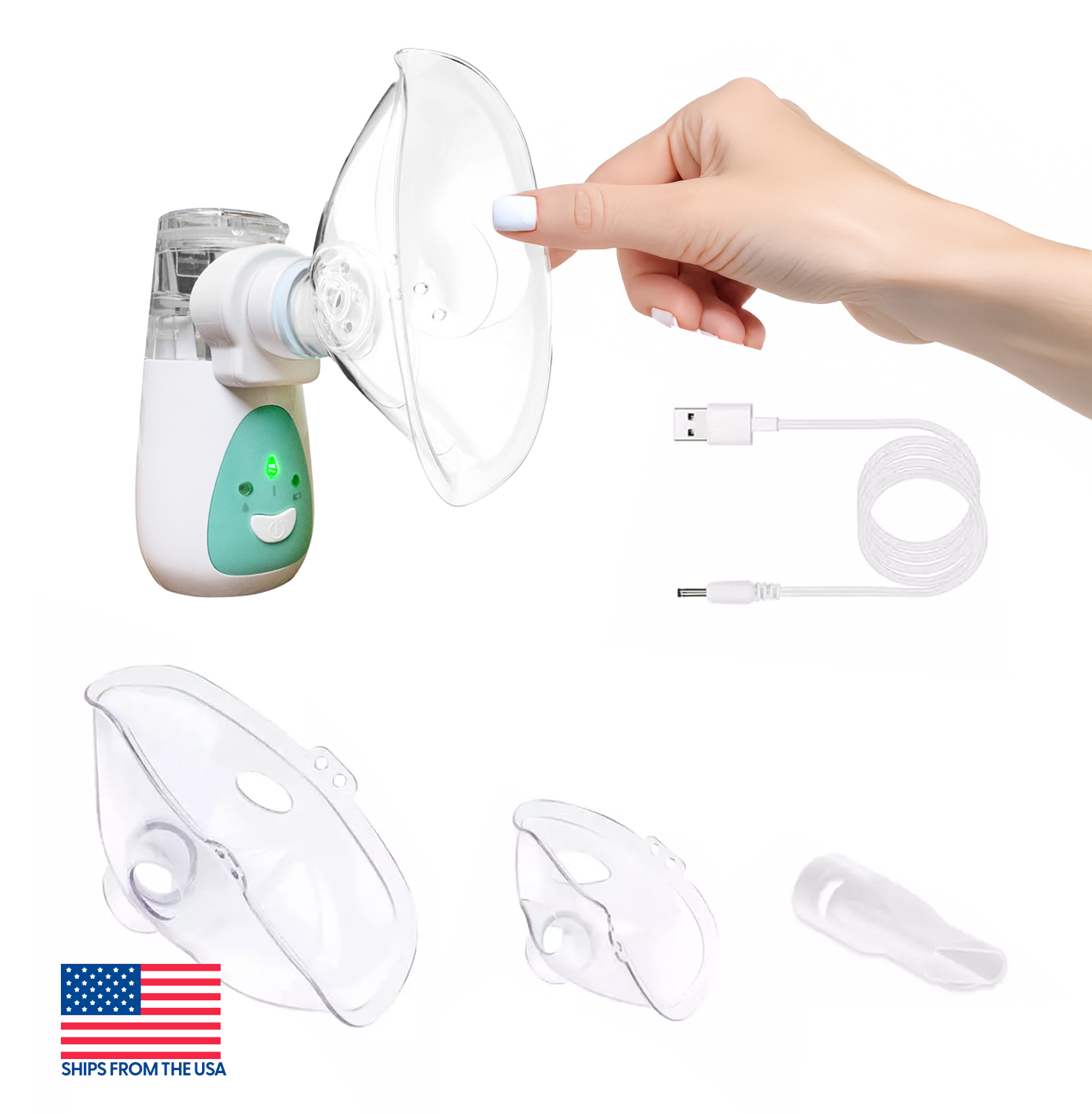



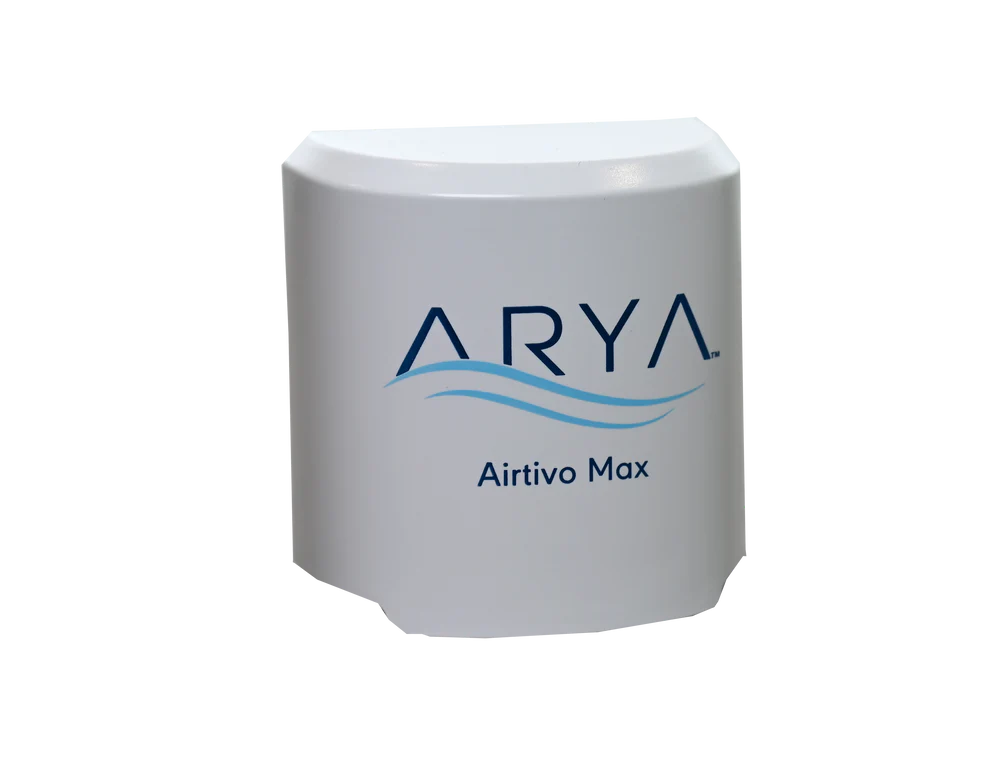
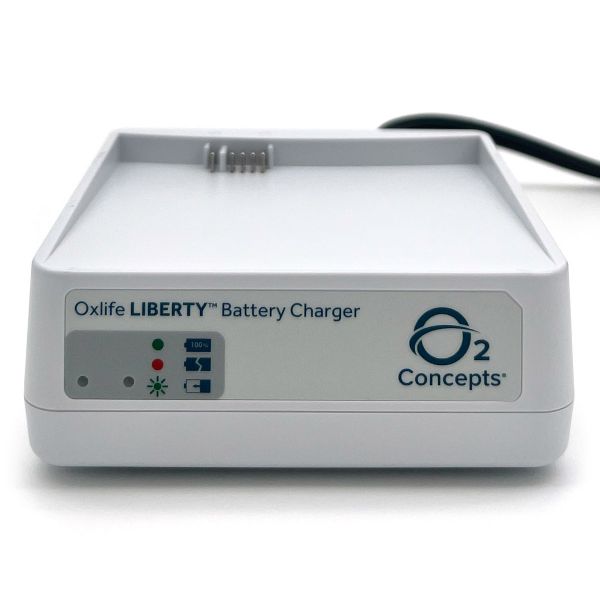
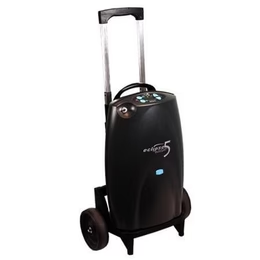
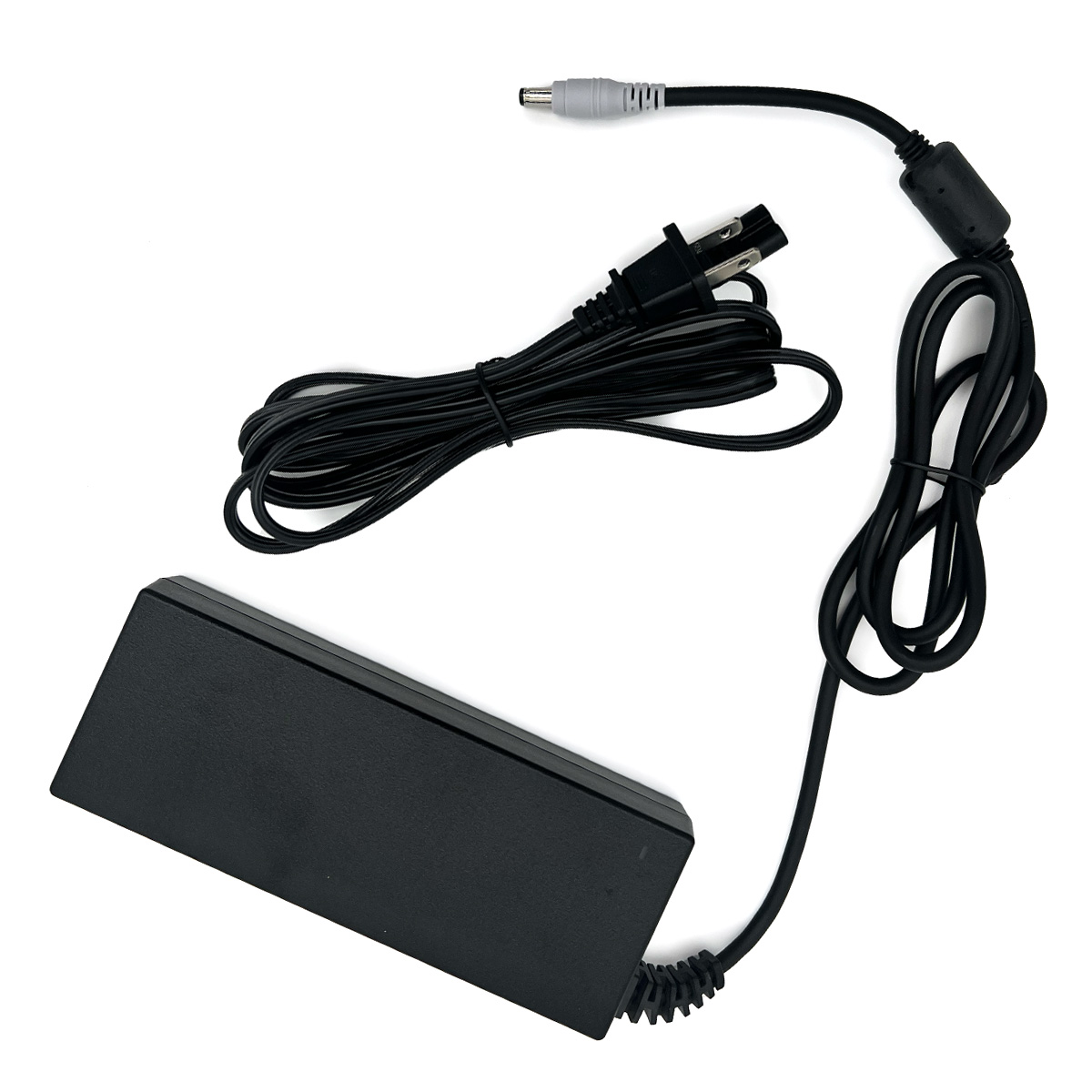


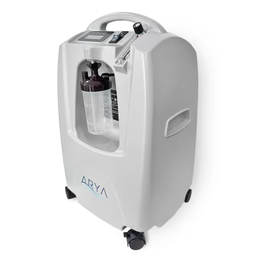
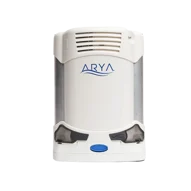
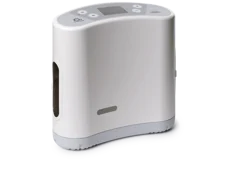
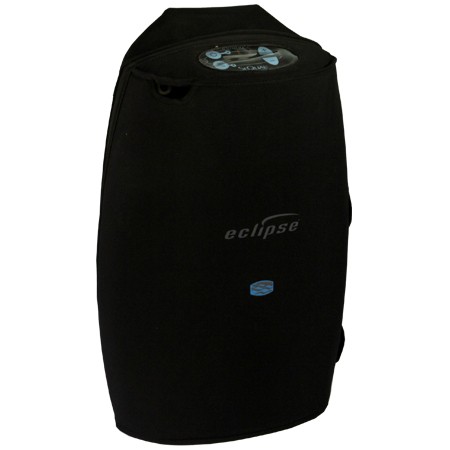
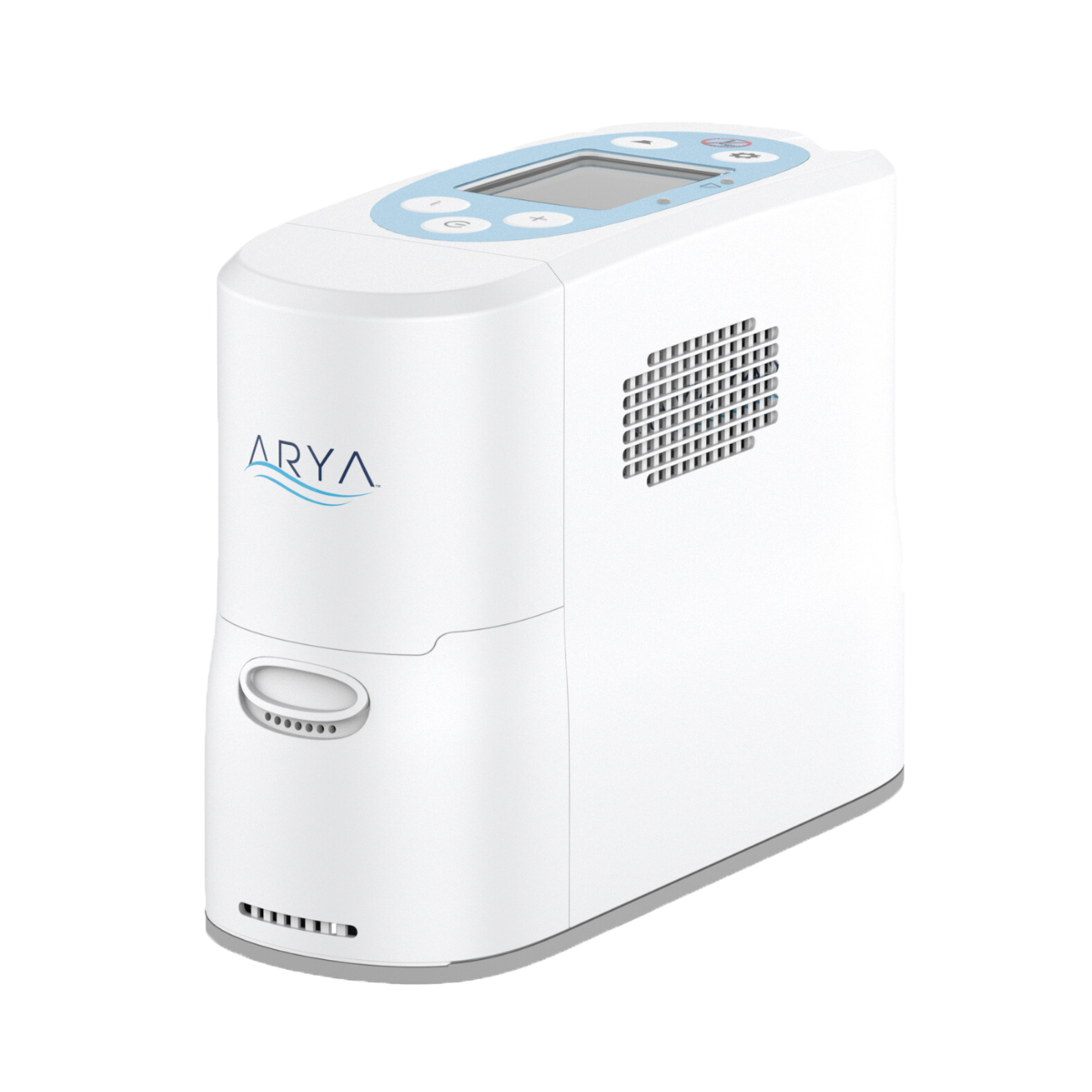
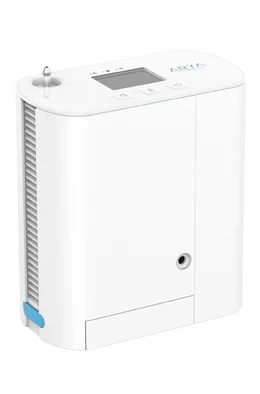
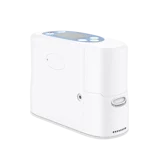

Comments are closed